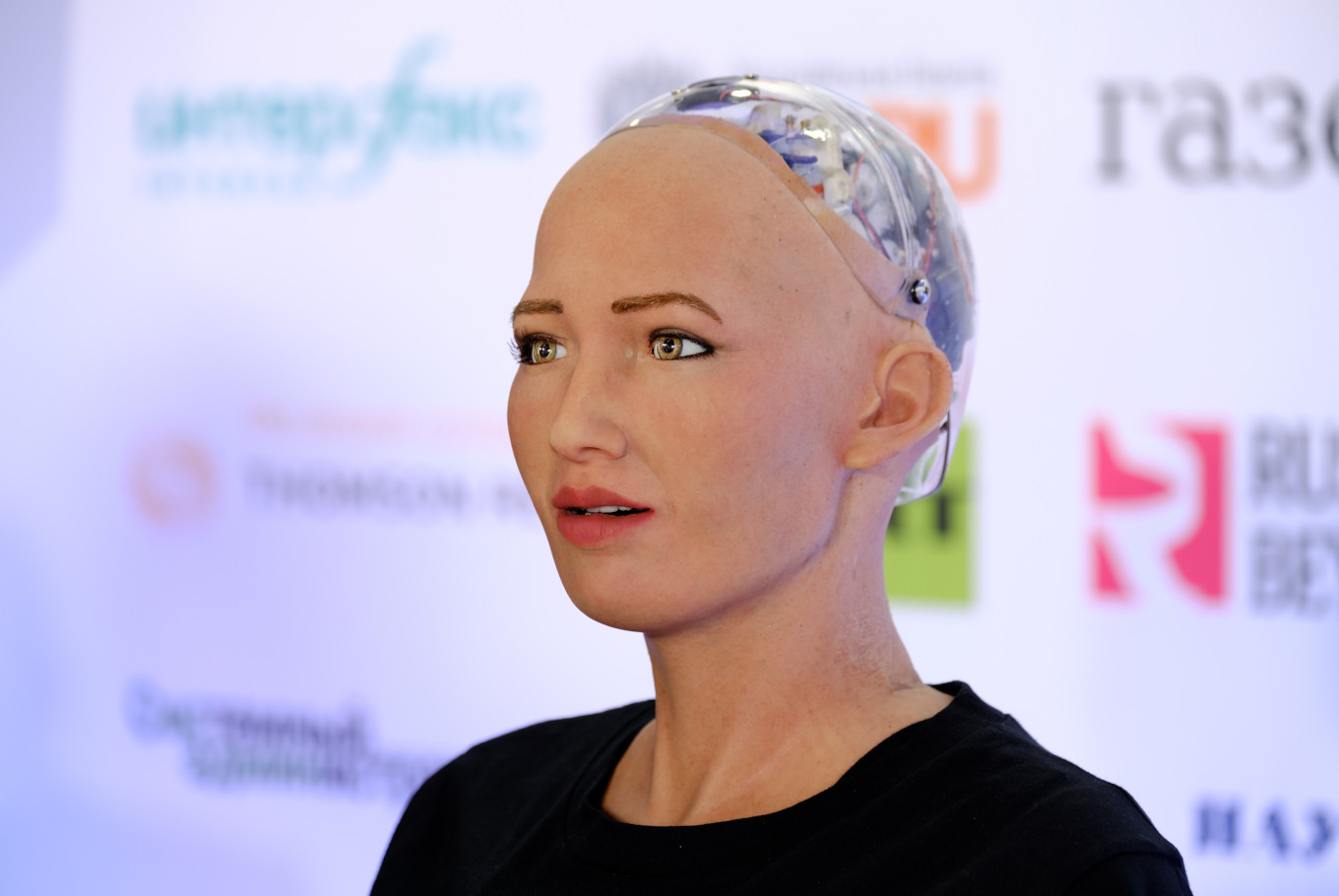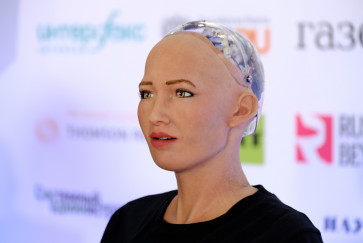Popular Reads
Top Results
Can't find what you're looking for?
View all search resultsPopular Reads
Top Results
Can't find what you're looking for?
View all search resultsIndonesia must polish digital know-how or risk being left behind
According to the International Federation of Robotics (IFR), the global use of robots in 2020 is estimated to reach 3 million units, tripling the figure of the last decade. The IFR believes this can potentially change the structure of the global value chain and affect international trade flows and investment.
Change text size
Gift Premium Articles
to Anyone
I
ndonesia must move quickly to formulate a policy that would allow it to tap into the potential of digital technologies like artificial intelligence (AI) and automation, experts say, or else risk falling out of favor with global tech companies as rising wages and more efficient work processes provide fewer incentives to invest in developing countries.
Rapidly growing and disruptive technologies such as AI are expected to have a major impact not only on the economy but also on other aspects of life, from the way we think about social and ethical principles to the formulation of policies, said Yose Rizal Damuri, lead economic researcher for the Jakarta-based Centre for Strategic and International Studies (CSIS).
Yose said the government would need to transform the way taxation and policy-making were handled with regard to the digital economy — and do it fast.
“With automation and increasing wages, there will be less incentive for companies to invest in developing countries. This will certainly determine the position of developing countries in the global production network,” he added.
In order to raise awareness about the issue, CSIS teamed up with the Pacific Economic Cooperation Council (PECC), Prasetya Mulya University and GK Plug and Play Indonesia to host a two-day international conference starting on Monday about harnessing the latest technological advances and their implications for national and global policies.
“With its rapid growth, the digital economy — or intelligent economy — is changing the traditional business model,” Yose told The Jakarta Post on Sunday.
According to the International Federation of Robotics (IFR), the global use of robots in 2020 is estimated to reach 3 million units, tripling the figure of the last decade. The IFR believes this can potentially change the structure of the global value chain and affect international trade flows and investment.


















